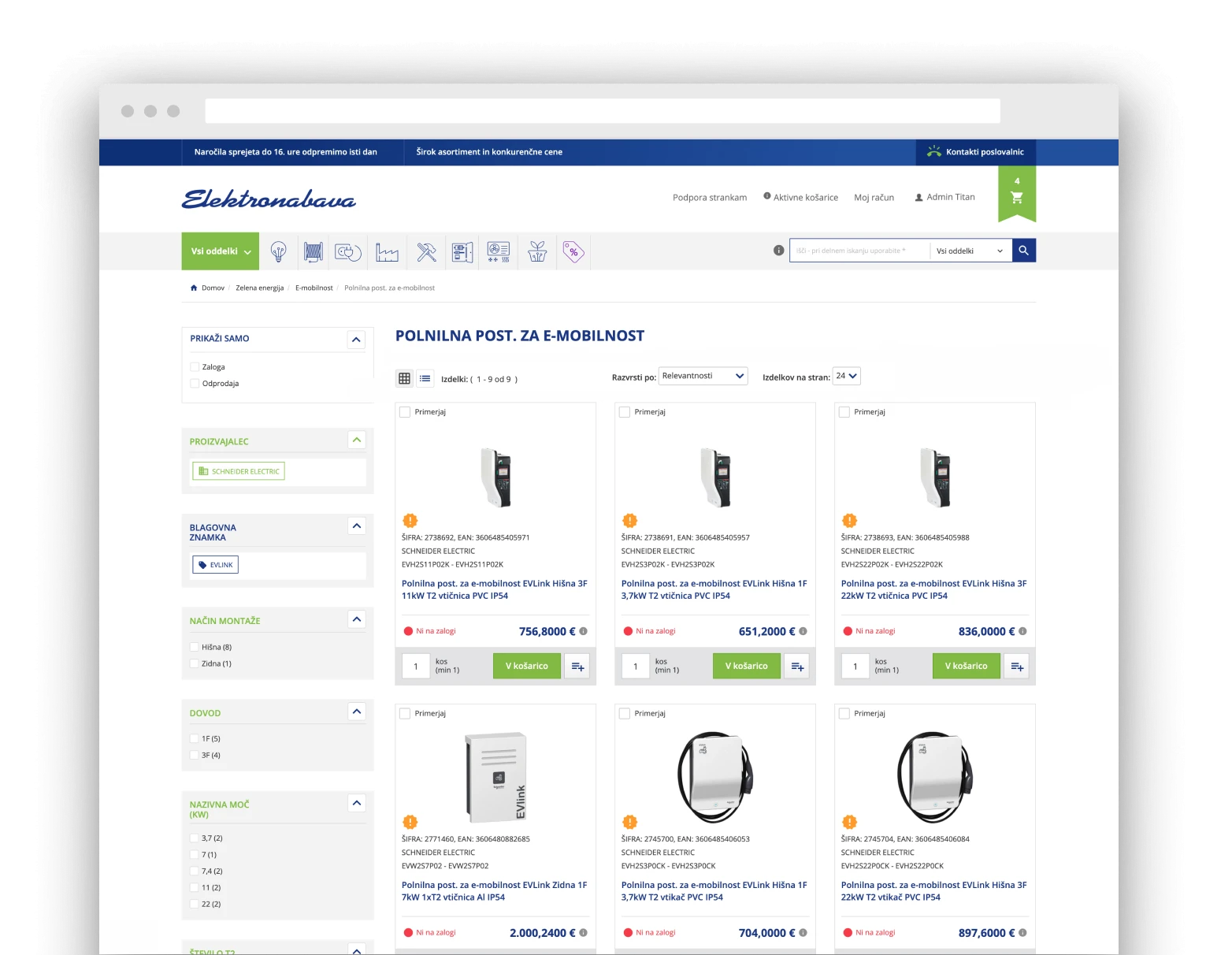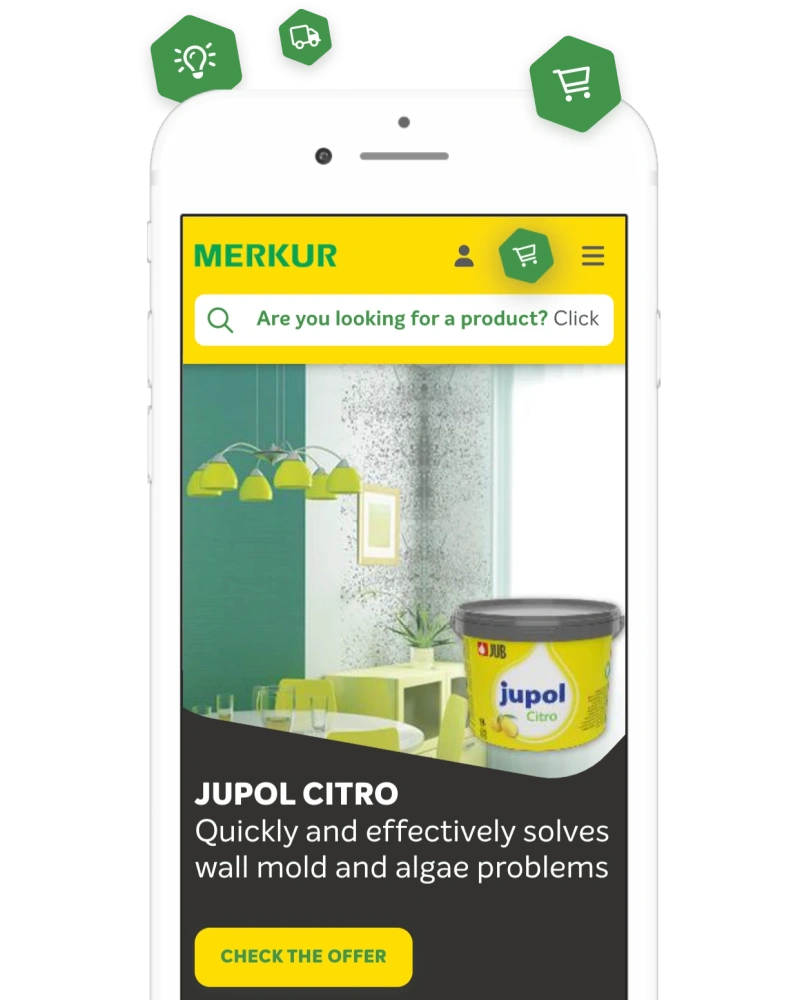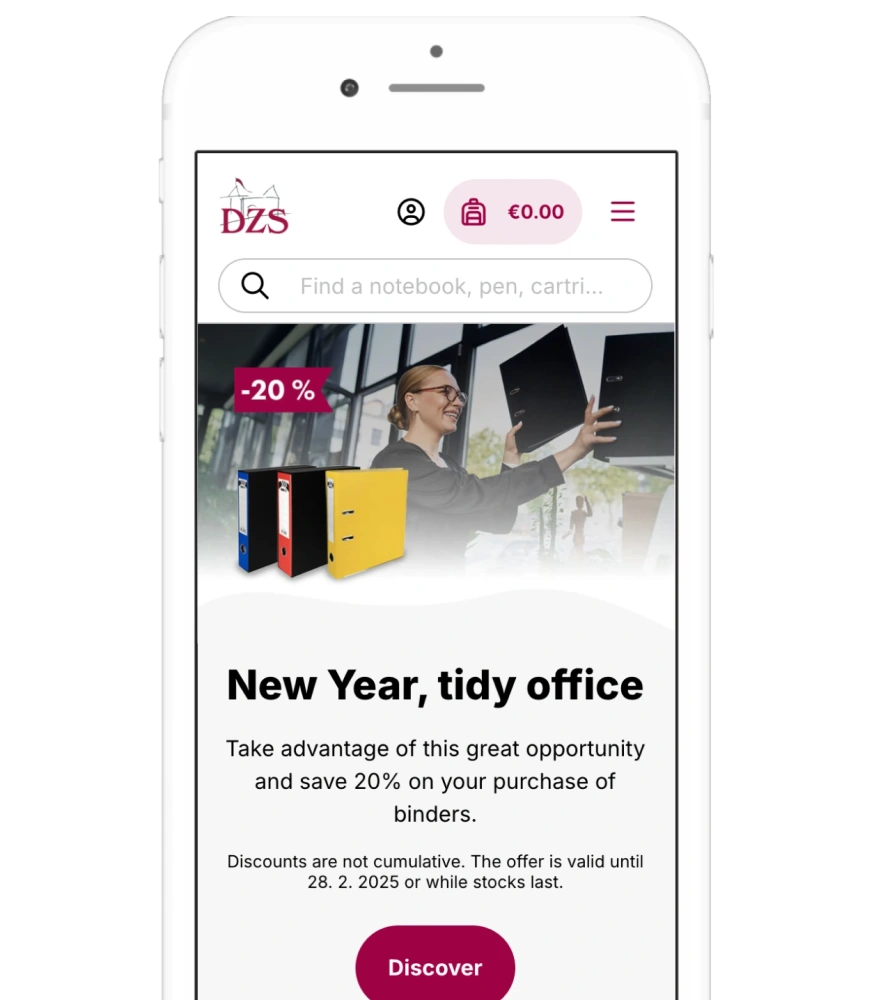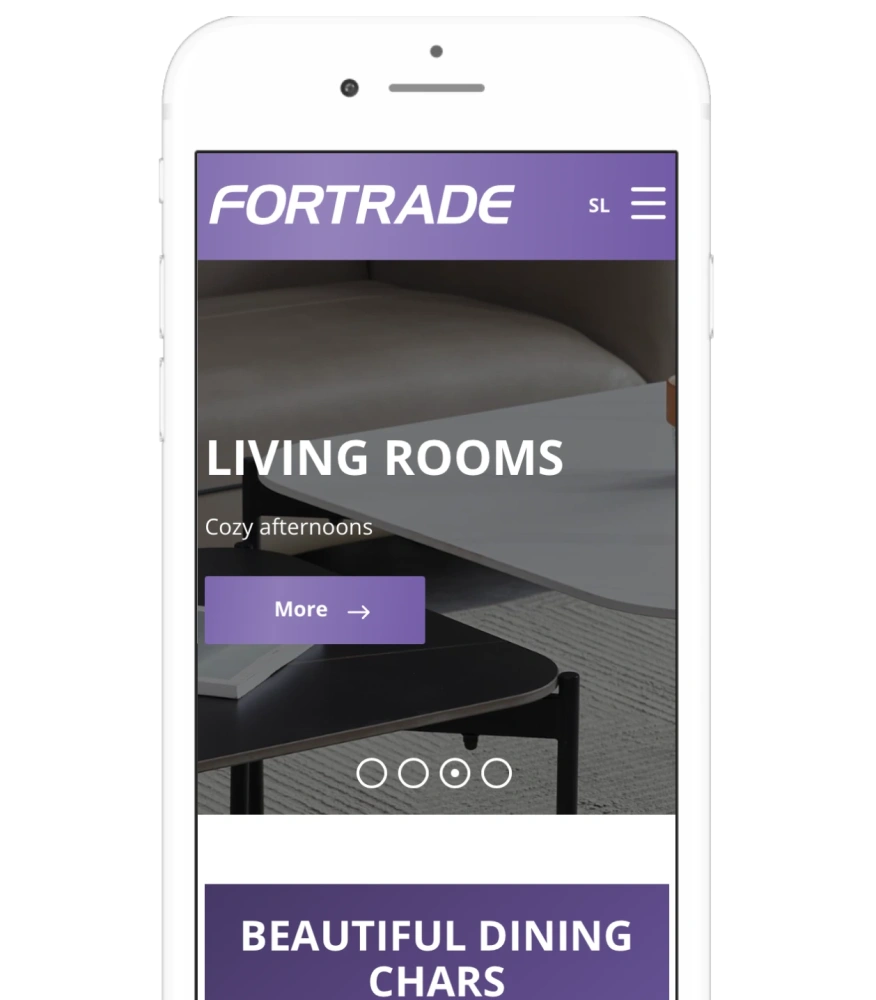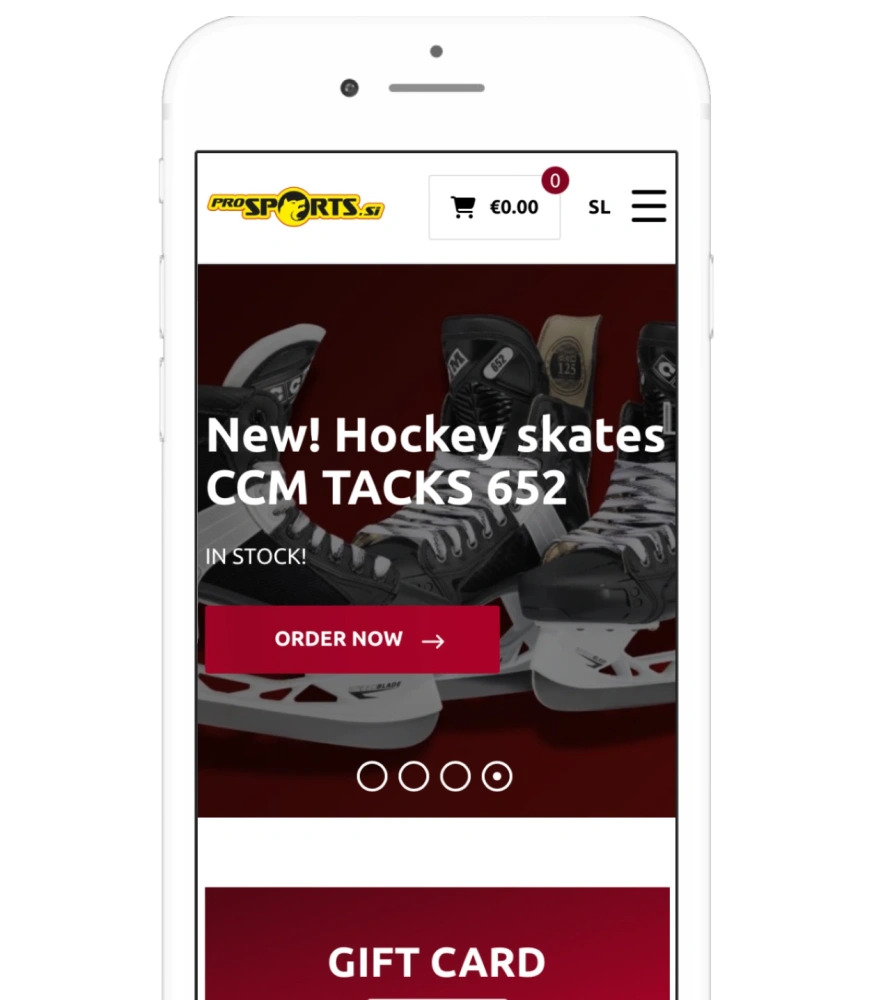The client
Elektronabava, a member of the Rexel Group, is a leading electrical distributor in Slovenia and Croatia, supplying electricians, contractors, and industrial organizations with electrical products and solutions.
For seventy years, Elektronabava’s sales processes banked on personal relationships and face to face engagement with the clients. The result was a vague mesh of rules and rebates with many exceptions, typical for a traditional B2B company.
The sheer complexity of the sales process has discouraged Elektronabava to take up an e-commerce initiative for a long time. However, the management knew they could not go kicking the can down the road for much longer. They had to offer their customers advanced digital services if they were to stay in the game.
I liked their effort to understand the nature of the business first and the way they engaged with us as a potential client. We were confident they’d be able to guide us through the process and deliver the solution. And they did.
Sebastijan Jaklič, CDO
Challenge
Elektronabava’s approach to the e-commerce project was extremely caucus. Their latest business software implementation got out of hand, missed the delivery target by large and caused quite some raised tempers within the company. This time, they were determined to get it right. They wanted their new e-commerce solution delivered on time and on budget. Banking solely on the solution provider’s assurances was not an option.
The management authorized the CDO to establish a project management protocol that would require the solution provider to give Elektronabava hands-on control throughout the development process to mitigate risks and address issues as they happen.
First and outmost, the CDO wanted to prevent mistakes early in the development cycle that would cause a domino effect and jeopardize all the subsequent development efforts as it was the case in the previous project.
Approach
To meet the company’s expectations, Elektronabava’s IT team upgraded the lean development methodology with additional communication protocols. Their goal was to:
- Improve communication and feedback
- Clarify roles and accountabilities between Elektronabava and the solution provider
- Grant Elektronabava more control over the development process
The IT team dissected the project in five phases:
- Phase 1: Solution design
- Phase 2: E-commerce platform implementation
- Phase 3: Integrations
- Phase 4: Custom component development
- Phase 5: Bugfixing and UAT
There’s nothing new about project phasing and milestones. However, the Elektronabava IT team made each phase a mini project on its own, each with its high-level delivery targets.
At the end of each phase, the solution provider would be required to exhibit the deliverables. The company’s IT team would test them, assess the work being done, and report to the project’s steering committee, which would set directions for the next phase. Instead of planning only the final acceptance protocol at the end of the project, a mini acceptance protocol after each phase would have to be signed off to proceed to the next step.
Solution
After winning the bid, Creatim could easily relate to the client’s concerns. After all, communication plays a crucial role in any development process.
So a joint team of the Elektronabava and Creatim experts had set the project’s scope and requirements, framed the project plan, and set out high-level delivery targets for each phase.
With that said, these targets and milestones were not carved in stone. Everyone was aware that in B2B commerce projects of such complexity, unplanned events are a fact of life. Logically, the timeline had to provide some flexibility.
Within each phase, however, the project followed principles of agile development. Nevertheless, if one of the main delivery targets was not met, a formal explanation would be required to shift the delivery into the next phase.
For example, one of the main challenges in Elektronabava’s e-commerce solution development was the integration of the HCL Commerce platform (former IBM Websphere Commerce) with the company’s Infor LN ERP. Thousands of B2B clients, each with their terms, multiple contracts and rebates, had to be migrated online.
Considering the particular software being integrated, there were no cases of such integration known to Creatim at the time of the project to draw upon. It was learning by doing, which required a few weeks of extra time. The client accepted it with understanding.

Learn more about the Solution design
Results
Hence, Creatim delivered the project in eight months, instead of seven as initially planned. But in general, the development ran smoothly, and the final delivery pointed out no serious issues - the client already knew what they were going to get. The project result met the client’s expectations, initiating a long-term partnership between Elektronabava and Creatim.
Creatim embraced the Elektronabava methodology for many projects of similar complexity. It gives everyone a big picture of the project situation, complementing the task management on a more operational level, thus keeping the work coherent and resolving issues as they happen. Everyone sleeps better.

Visit the Elektronabava B2B webstore or learn more about the solution development.

